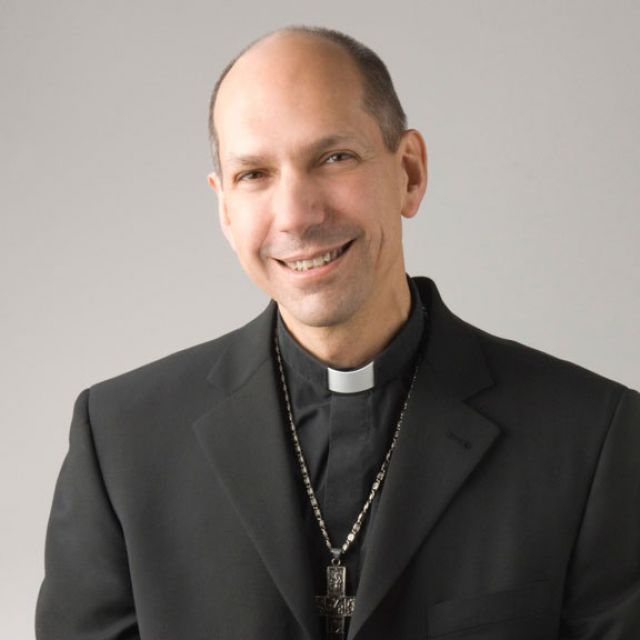Canada had just been handed the rare opportunity to write prayers, suggest liturgies and explain biblical passages for Christians around the globe, and here was Bolen suggesting a passage of the New Testament that talks about division. “Is Christ divided?” Paul asks the Corinthians. Representatives of Catholic, Protestant and Orthodox churches weren’t entirely sure a text that shows how Christians were fighting each other in the year 55, just one generation after Christ’s death and resurrection, was quite the way to go.
“We usually try to choose something that is more about unity,” said Norman Levesque of the Canadian Centre for Ecumenism who was part of the Canadian writing team.
In the 106-year history of the event, Canada is just the second country to be asked twice to prepare material that will guide ecumenical prayers worldwide.
Of course, if unity was easy there would be no need for a global call to prayer with the backing of both the Vatican and the World Council of Churches.
And Canadians know how difficult unity can be, said Levesque.
The writing team had to deal with Levesque speaking French and the rest of the group working in English. And there was a consensus early on that a Canadian contribution must include native spirituality. When the team got down to trying to explain the Canadian context in an introductory essay, it was clear the team didn’t share a common understanding.
“We knew that Christ was not divided. We weren’t so sure about us,” said Levesque.
But that’s the beauty of ecumenical dialogue, said Canadian Centre for Ecumenism executive director Adriana Bara, a Romanian Orthodox Christian. When we recognize our differences we have an opportunity to share what we know and understand what other Christians offer, she said.
“To meet the others in prayer — because this is what the Week of Prayer should be, a week of prayer — yes we discuss with others, but we also discuss about ourselves with God,” she said.
Coming to grips with Christian history in Canada is difficult. The history begins with backing from the French crown and French bishops to establish a kind of Counter Reformation haven for Catholicism, to the exclusion of Protestants. But looking at both co-operation and division helped to make the committee aware of the tensions that unity creates, said Levesque.
But modern co-operation is the result of a history of conquest and colonization. Which is why the liturgies for this year’s Week of Prayer suggest praying in the four sacred directions of native spirituality, said Levesque. It is also why the French phrase “Don de Dieu” (gift of God) will be the response to prayers of petition during that week.
The fact Quebeckers have recently begun saying “Don de Dieu” in ordinary conversation, despite the fight over the proposed secular charter and almost institutionalized anger at the Catholic Church of the Duplessis era, shows how deep Quebec’s Christian roots really are, said Levesque.
The end of the Week of Prayer for Christian Unity will be marked with a prayer service in St. Paul’s Basilica at 3 p.m. Jan. 26. Prayers, liturgy suggestions and study material can be found at www. cccb.ca.


